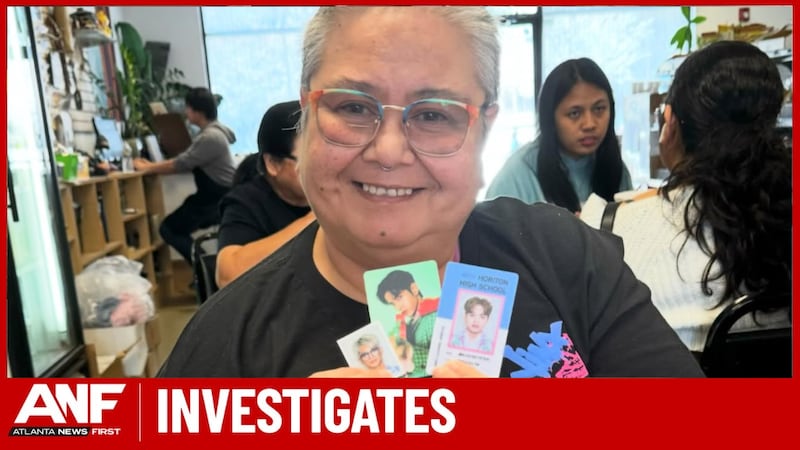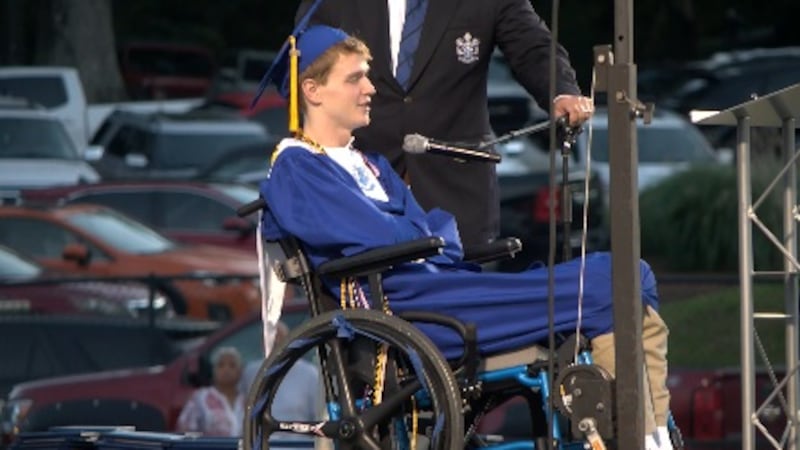In aftermath of drownings, Coast Guard Auxiliary pushes for boater safety
APPLING, Ga. (WRDW/WAGT) - The Augusta Fire Department confirmed one of their own drowned at Clark’s Hill Lake on Friday.
The Columbia County Sheriff’s Office tells us crews recovered Lt. Ralph Jenkins’ body Saturday morning. This marks the fifth drowning in our area in the past month.
Co-workers say an Augusta without Jenkins, is a city without a leader and a mentor.
“There’s a ton of guys [in the department] that owe everything to him. He took guys under his wing, and they all flourished-- every single one of them,” said Lt. Jay Jones.
Georgia Department of Natural Resources crews were out on the water late last night trying to find the firefighter with 40 years under his belt.
“You can just drive tomorrow to every station and everybody is gonna have a story about him,” said Lt. Jones.
The Columbia County Sheriff’s Office says he was with a woman who fell into the water and he dove in to help.
They say she’s going to be OK, but Lt. Jenkins never made it back.
And on the very same water Sunday, the Coast Guard Auxiliary was out training for when things go wrong.
“National Safe Boater week is just starting, and the Coast Guard is trying to get out ahead of the unofficial opening to the boating season,” said David Bernacki, a Coast Guard Auxiliary first pilot.
They held a training exercise with crews trying to locate a boat staged to be in need of help. Teams were on the water and in the sky for the exercise.
But besides the training for the crews, they’re also hoping to teach lake goers how to enjoy the water safely.
“Very often a would-be rescuer that tries to get in the water to help that drowning victim is also pulled under, and they become a victim themselves,” said William Caskey, a Coast Guard Auxiliary member.
He says he hopes boaters will “reach, throw, don’t go.” That is, reach for the person in the water or throw them a floatation device to hold on to.
They also hope boaters will equip their boats with what’s called an EPIRB, a GPS that can locate you if you’re in distress and are missing.
Another precaution is to make what’s called a “float plan.” It’s a note left behind with someone indicating where you will be, what boat you’ll be on, and most importantly when you plan to be back.
“If you leave that behind with someone and then you don’t come home, or you don’t check in on time, then they know who’s out there, what kind of boat you’re in, and generally what area you need to start looking in,” said Caskey.
And finally, they say just like wearing a seat belt when driving, boaters should always wear a life jacket-- even if you’re the best of swimmers.
“You could be an Olympic swimmer, but if you’re unconscious when you hit the water, you’re going to drown,” said Bernacki.
If you’re interested in helping in emergencies on the water, the Coast Guard Auxiliary tells us they’re actively searching for new volunteers to make the lake a safer place for everyone.
And as more people are heading to the water this summer, Georgia DNR also has a campaign with advice for being safe while out on the water. It’s called the SPLASH campaign. It can show you how to make your own water rescue tool kit or even donate a life jacket to be used in the community. You can find more information by clicking here.
Copyright 2021 WRDW/WAGT. All rights reserved.















